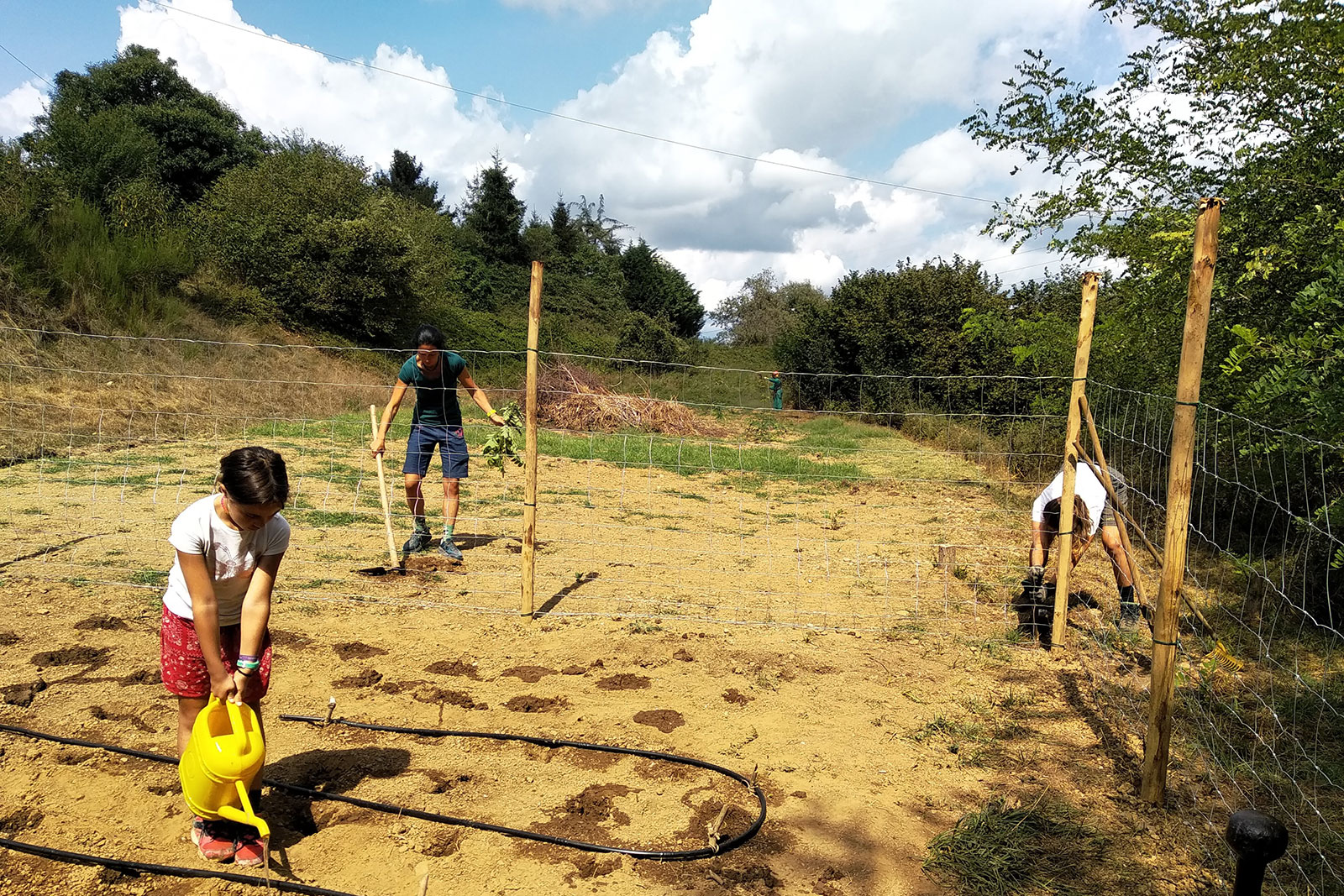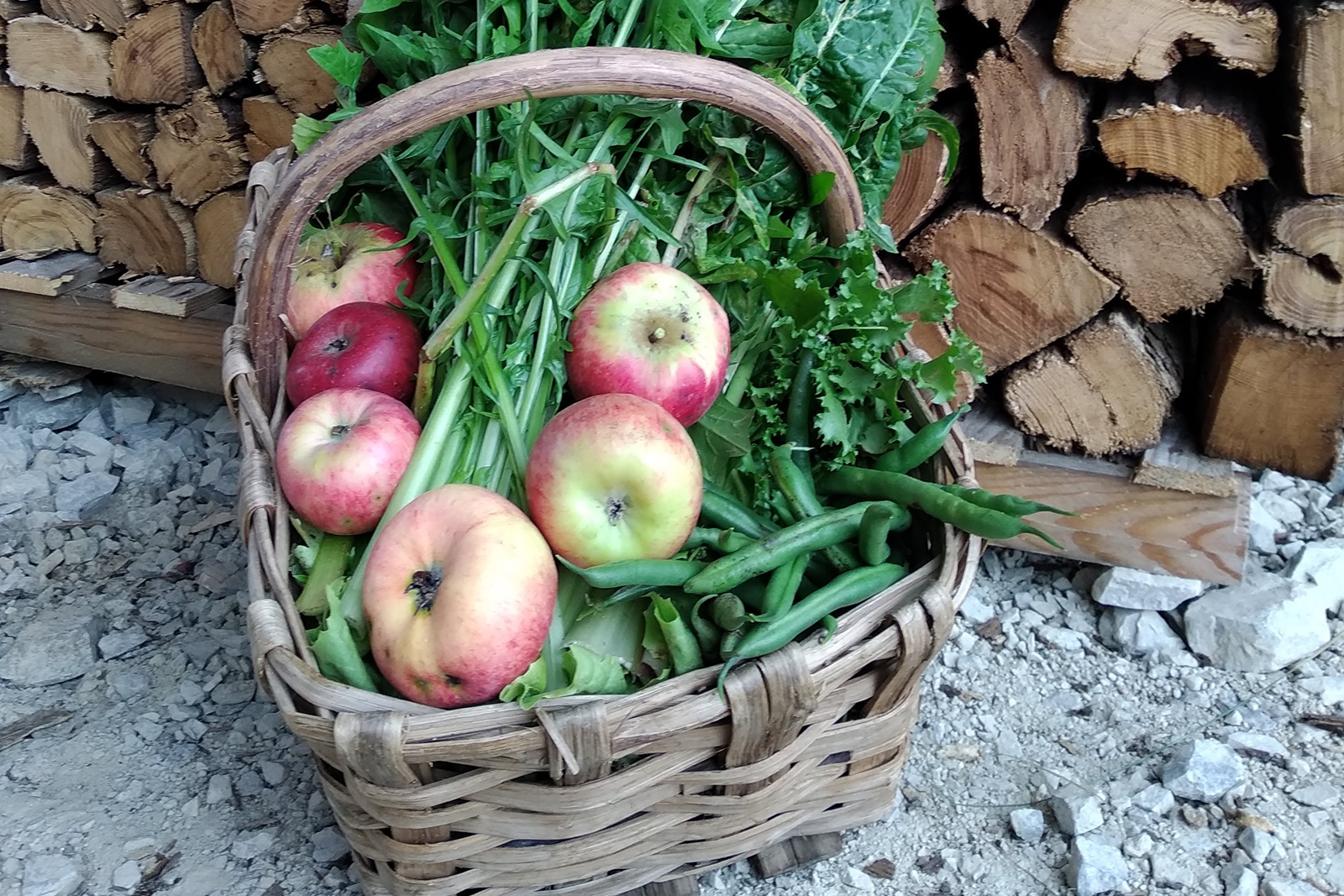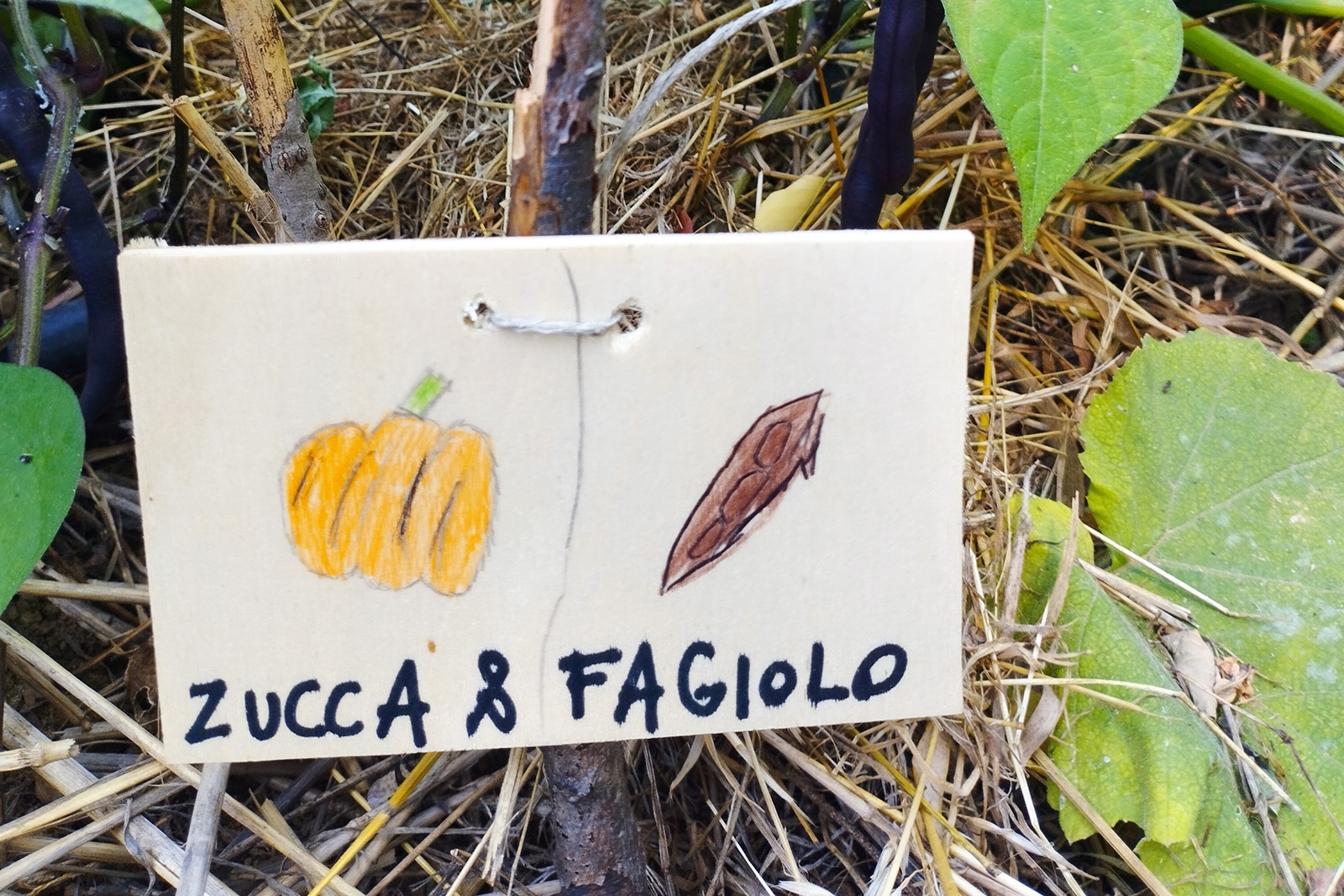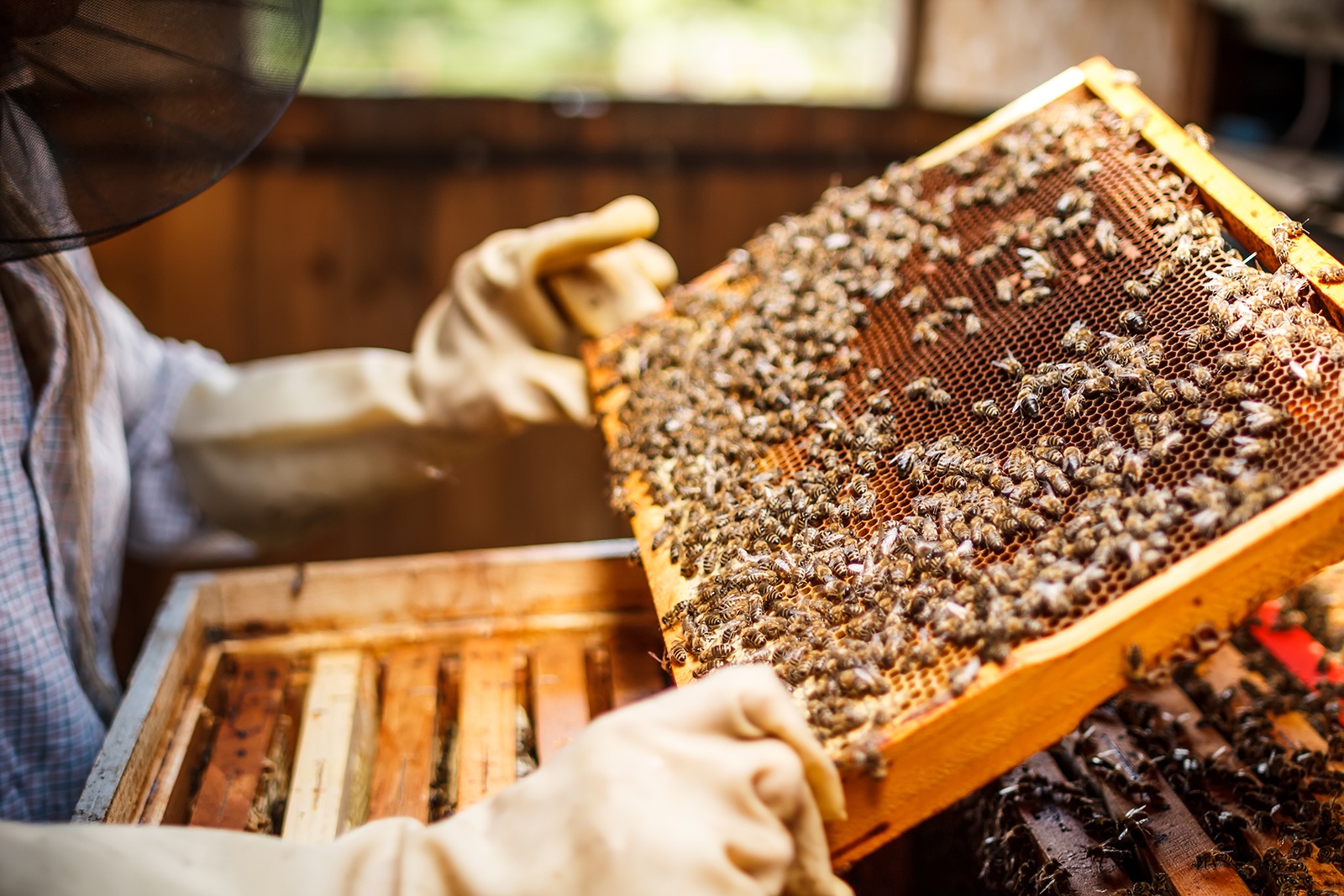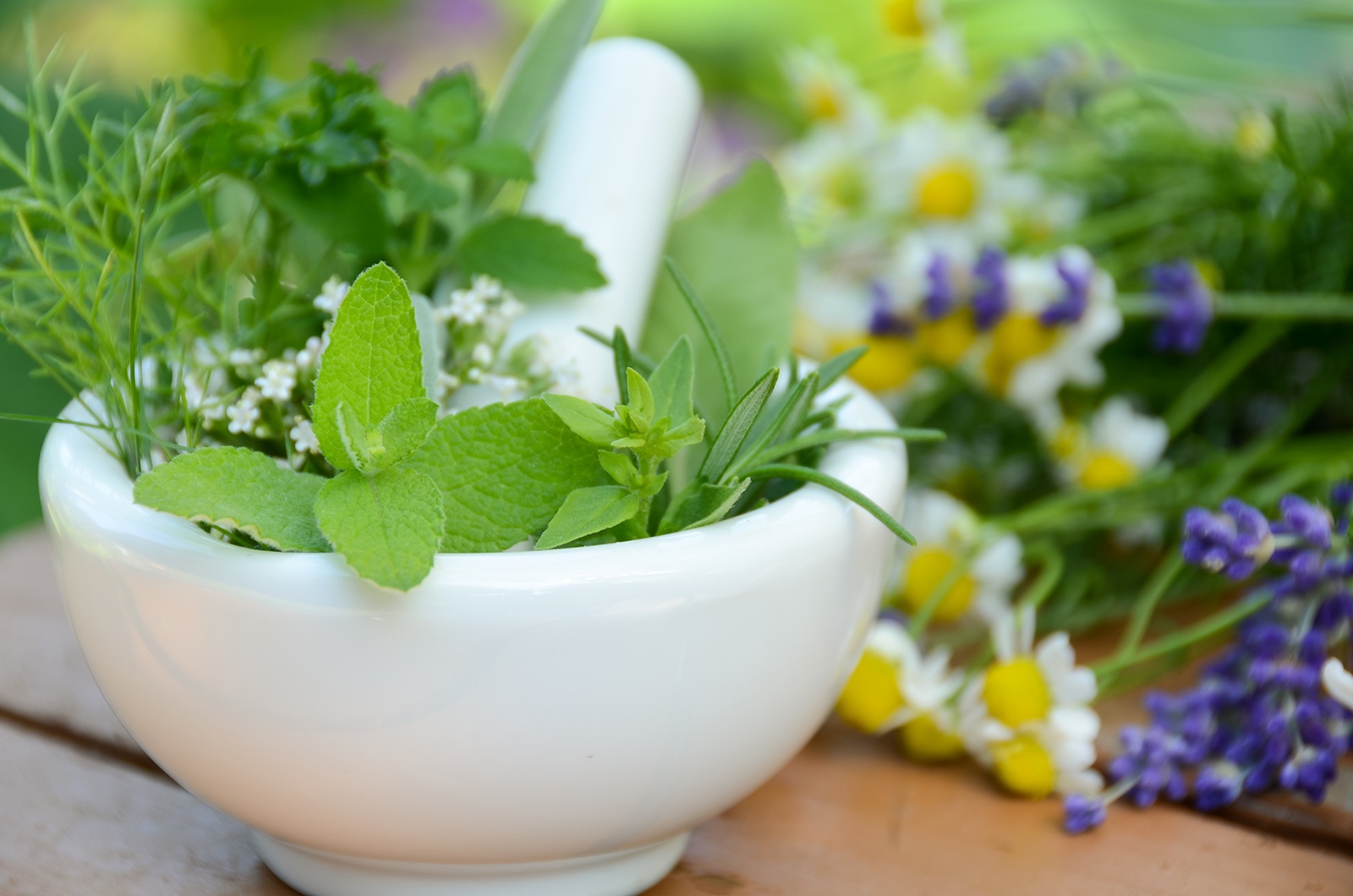THE FARM
WHAT KIND OF AGRICULTURE DO WE DO?
We do peasant agroecology which can be defined as a holistic and integrated approach, which simultaneously applies ecological and social concepts and principles, to the planning and management of sustainable agriculture. It is not just about ecological production methods to include social, cultural and political principles and goals. It is peasant agriculture on a very small scale, we do not use chemical products in any process, we use organic seeds and seedlings, almost all the work in the fields is manual, we welcome anyone who wants to experiment and participate in the production.
THE
PEASANT
MOVEMENT
Right to healthy food
Cristina has worked in various parts of the world, especially in West Africa, in support of peasant organizations, seeing the birth and development of an international network for the defense of peasant agriculture and the promotion of Food Sovereignty understood as the right of peoples to food healthy, culturally appropriate and sustainably produced and their right to define their own agricultural and food systems. We are part of ARI Associazione Rurale Italiana, which in turn is a European member of the Via Campesina.
THE PEASANT MOVEMENT
Right to healthy food
Cristina has worked in various parts of the world, especially in West Africa, in support of peasant organizations, seeing the birth and development of an international network for the defense of peasant agriculture and the promotion of Food Sovereignty understood as the right of peoples to food healthy, culturally appropriate and sustainably produced and their right to define their own agricultural and food systems. We are part of ARI Associazione Rurale Italiana, which in turn is a European member of the Via Campesina.
SYNERGIC GARDEN
What is a synergistic vegetable garden?
With the elementary school children we defined it as a somewhat special garden, the vegetables are all mixed up and even a little messy. Different types of vegetables (associations) help each other and grow better and more naturally. The technique wants us to observe nature and copy it. You start by preparing the ground by aerating it, covering it with a thick layer of straw and then never touching it again. The most diverse forms can be given, we have done it in the shape of a phoenix, which is reborn from the ashes.
We organize courses and workshops for schools. For info and reservations, click here.
FOOD FOREST
a little orchard a little wood
During the summer of 2022 we created a new orchard here in Cascina Fogona. In reality it will be partly orchard and partly woodland. We like to call it a forest that gives food, an orchard that adjusts and behaves like a natural forest, where sustainability, respect and harmony are the key words. We have carefully chosen where the water will flow, which plants and essences to place and where, based on how the sun turns and how the wind blows.


FOOD FOREST
a little orchard a little wood
During the summer of 2022 we created a new orchard here in Cascina Fogona. In reality it will be partly orchard and partly woodland. We like to call it a forest that gives food, an orchard that adjusts and behaves like a natural forest, where sustainability, respect and harmony are the key words. We have carefully chosen where the water will flow, which plants and essences to place and where, based on how the sun turns and how the wind blows.
SMALL FRUITS AND
AROMATIC PLANTS
We have also applied the principles of agroecology to small fruits (blueberries, raspberries, etc.) and aromatic plants.
You can enjoy the small fruits fresh during breakfast and soon also in excellent jams. As far as aromatic plants are concerned, the harvest will begin next summer and we are preparing recipes for herbal teas and dried mixes for the kitchen. The dream is to buy a distiller and be able to transform them into essential oils.
APIARY
In collaboration with the ALPA beekeepers association of Savona, we have installed an apiary with about ten hives, and the bees will also help the orchard, small fruits, aromatic plants and vegetables… how? Bees are very important vectors for pollination, by visiting the flowers they become impregnated with pollen and transport it from one plant to another.
It is possible to carry out beekeeping workshops and visits to the apiary, for information and reservations click here.
EDUCATIONAL FARM
laboratories for schools
The laboratories can include one or two class meetings and a visit to the field. Co-planning is done with teachers on the basis of school programs and class needs. The workshops are inclusive and thanks to the Joelette, a single-wheeled trekking wheelchair, they allow children with reduced mobility or disabilities to visit the orchard, the vegetable garden and the apiary and actively participate in the workshops.






